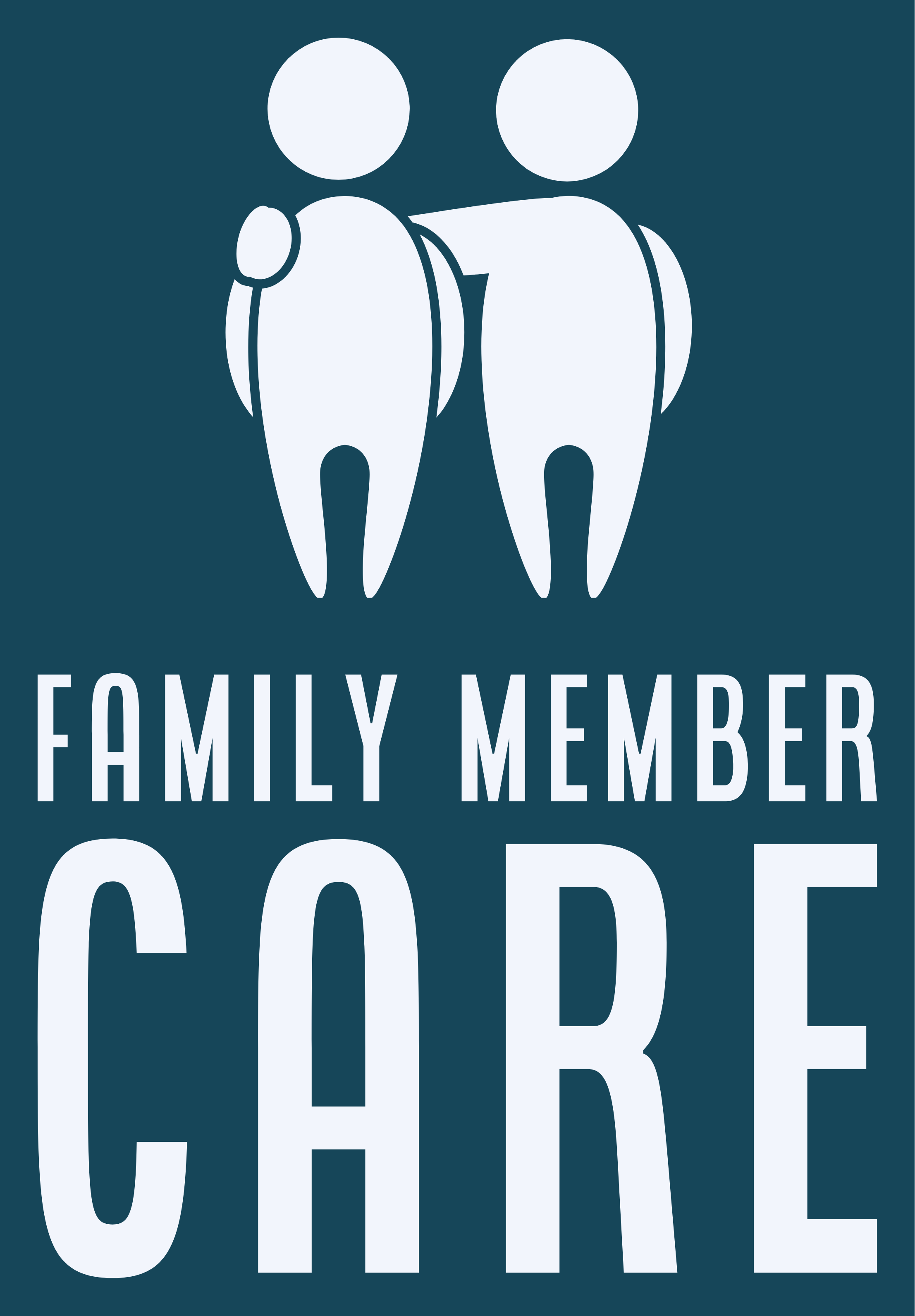In the complex world of healthcare, effective communication is the linchpin that can ensure your loved one receives the best possible care. When you are tasked with caring for a family member, the ability to communicate with medical professionals and support workers becomes even more critical.
The Power of Effective Communication
Effective communication with medical professionals is not just a matter of politeness; it's about ensuring the safety and well-being of your loved one. A breakdown in communication can lead to misunderstandings, misdiagnoses, or inappropriate treatments. Here are some key strategies for effective communication:
Active Listening
Be an active listener during medical appointments. Let the healthcare provider speak without interruptions. Take notes, and ask questions to clarify anything you don't understand. On important topics, repeat back to them your understanding of what they’ve just explained to make sure that you do.
Prepare in Advance
Prior to appointments, prepare a list of questions and concerns. This will help you cover all necessary topics during the limited time you have with the healthcare provider.
Speak Up
Don't be afraid to speak up if you have concerns or if something doesn't make sense. You are your loved one's advocate, and your input is valuable.
Use Plain Language
Medical jargon can be confusing. Ask for explanations in plain language to ensure you understand the information provided.
Confirm Medications and Treatments
Always double-check medications, dosages, and treatments. Mistakes can happen, and it's essential to ensure accuracy.
Open Dialogue
Maintain an open and respectful dialogue with the healthcare team. Good relationships with your healthcare providers are built on trust and mutual respect.
The Role of Current and Accesible Information
One of the most challenging aspects of caregiving is keeping track of your loved one's medical history, medications, and care plan. Ensuring that medical professionals have access to up-to-date, accurate information is vital for effective care. Family Member Care steps in here as a valuable tool.
Family Member Care is more than just a platform; it's your caregiving companion. With its intuitive features, it makes the process of managing your loved one's medical information a breeze.
Here's how Family Member Care can help
Centralized Information
Family Member Care acts as a centralized repository for all your loved one's medical information. No more shuffling through paperwork or trying to remember details during appointments.
Medication Management
Keep track of your loved one's medications, dosages, and schedules effortlessly.
Care Plan Coordination
Share your loved one's care plan with the entire care team, ensuring that everyone is on the same page. You can even invite healthcare providers to access this information, streamlining communication.
Secure Access Anytime
Access your loved one's information securely from anywhere. This means you can provide the necessary details even in emergencies.
Document Storage
Upload and store important documents, such as medical reports, or Enduring Power of Attorney in one secure location.
By using Family Member Care, you are not only making your caregiving journey more manageable but also ensuring that healthcare professionals have accurate, up-to-date information readily available. This leads to more effective communication and, ultimately, better care for your loved one.
Combine these communication skills with the power of Family Member Care, and you have a winning formula for providing the best possible care for your family member.
If you’d like to know more, visit us here.


